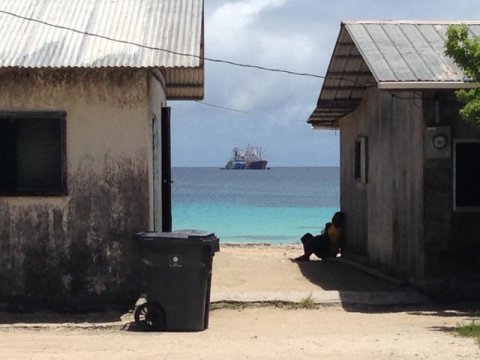[ad_1]
Greater freedom of movement and investments in human rights and social opportunities can help protect humans from environmental threats like rising sea levels, new research says.
In a major review of evidence, researchers from the universities of Exeter and Melbourne found inequality of social opportunities and freedoms made it hard for vulnerable populations to respond to climate change threats.
The evidence suggests societies flourish and can adapt to climate change when rights, freedoms and opportunities are protected, leading to more sustainable rates of population growth and consumption.
Increasing people’s freedom to move helps them avoid being trapped in downward cycles of poverty and environmental degradation.
“Demographic trends like migration and ageing populations combine with environmental risks to create new and unforeseen challenges,” said lead author Professor Neil Adger, of the University of Exeter. “But societies have choices to avoid the worst social impacts from climate change.”
Lead author Professor Jon Barnett, from the University of Melbourne and currently a British Academy Visiting Professor at Exeter, said: “There are multiple dividends from institutionalising rights, freedoms and social opportunities in all countries, which would lead to a more peaceful and sustainable path through future demographic and environmental changes.
“Migration has been an effective response to environmental change in the past and that remains the case today.”
The report highlights examples of Pacific Island nations whose populations benefit from agreements to move to Australia and New Zealand. That option has stabilised and given security to the island nations.
“Many of the people most at risk from environmental changes have the fewest freedoms and therefore the least ability to adapt in the face of such difficulties,” said Professor Barnett. “Policies that give greater freedoms — especially freedom of movement — reduce the impact of these changes on vulnerable populations.”
The paper, published in Annual Review of Environment and Resources, is entitled: “Mobile worlds: Choice at the intersection of demographic and environmental change.”
Story Source:
Materials provided by University of Exeter. Note: Content may be edited for style and length.
[ad_2]















